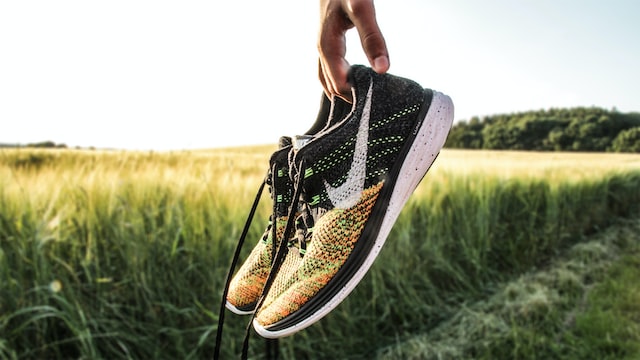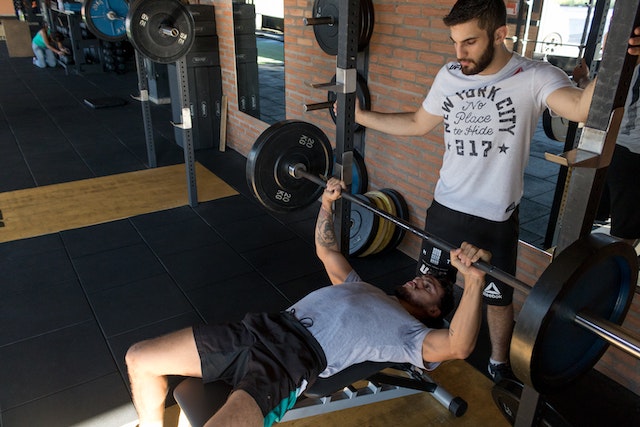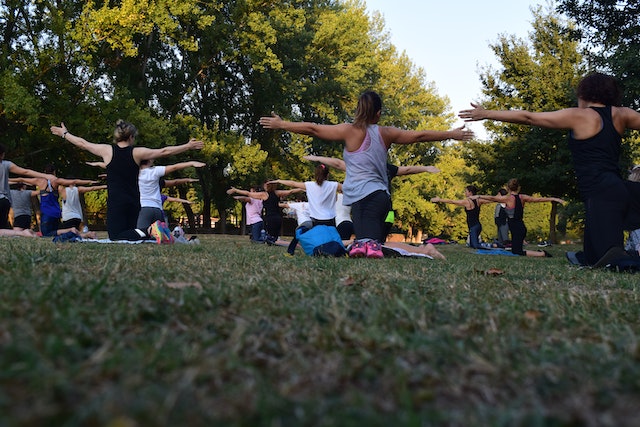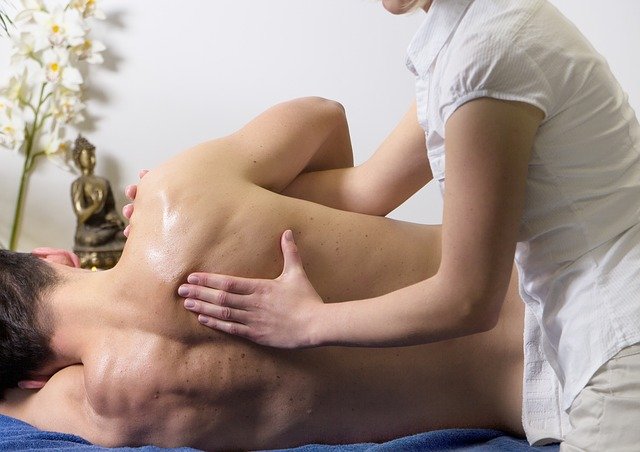Running is a great form of exercise, but it does also require the correct footwear to keep you safe. It’s always important that you take a look at the best running shoes for beginners when you first start out too. However, no matter how much you spend on running shoes, they will eventually start to degrade. When they become too old to wear anymore, you might not want to simply throw them away. In fact, you might be extremely eco-conscious and be completely against throwing away clothes at all. If you don’t want your old gear to end up in landfills, then keep reading and discover the best tips for recycling your old running shoes.
Local Recycling Centres
Your first port of call may very well be your local recycling centre. Most of these do actually take shoes and recycle them, but you can’t just put them into your recycling bin. You’ll need to take them to the plant and find out if they can be recycled there. The reason you have to take your running shoes to centres that accept them and not just throw in then recycling bin, is because running shoes are made from lots of different materials. This means that they need to be picked apart and recycled separately, which can’t be done if they’re lumbered in with everything else. By recycling your old running shoes, you’re able to keep your carbon footprint down and prevent them from being left to take up space and emit toxic fumes in a landfill. So, be sure to ask about your local recycling plants and see if they’re able to take your old running shoes off your hands (or feet).
Reselling
If your running shoes are old, you might still be able to sell them. Some people will buy used shoes and do them up to resell again. This method can be extremely helpful in keeping shoes from landfills and it also lowers the need for production. While some shoes might be beyond repair, most of the time they might just need a bit of TLC in order to be worn again. You might even find someone that can simply repair them for you, allowing you to keep them for longer and probably save yourself some money at the same time. You can also take your old running shoes to some fabric stores too, as the owners may be in need of the materials that running shoes offer. So, always speak to your local fabric store too and see if they’re able to make use of them as well.
Donation Banks
Across the UK, and other countries, there are donation banks that take old running shoes in any sort of condition. The old shoes are then recycled and donated to a charity of their choice. So, if you go down this route, you’ll not only be recycling your old running shoes, but you’ll also be giving a pair to someone in need. Be sure to check with your local council as to which charities are taking old running shoes, and you’ll soon be able to get rid of them with a clear conscience.
Shoe Stores
As well as donation banks, some shoe stores will actually take your old running shoes too. Shops like Clarks partner with charities that help support children and are able to collect old shoes for donations. The donations of your old running shoes enable the charities to fund their schemes to help change people’s lives. So, while you may not think that your one pair of old shoes matter, they can really make a difference. For example, since Clarks started this scheme back in 2008, over £1.6 million has been donated to Unicef. So, as you can see, it definitely does make a big difference!
Shoe Subscriptions
If you’re an avid runner and you find that your shoes wear down super-fast, then you might want to take a look at getting a recyclable shoe subscription. One brand Cyclon, allow you to subscribe to the services and receive a new, recycled running shoe every 6 months. All you need to do is send them back your old shoes and they’ll replace them for you. But the great bit is, is that they completely break down and recycle your old shoe to turn it into a completely new one that’s ready for another 6 months of running. This innovative way to recycle your old running shoes is extremely unique and allows you to always have a good pair of running shoes.



